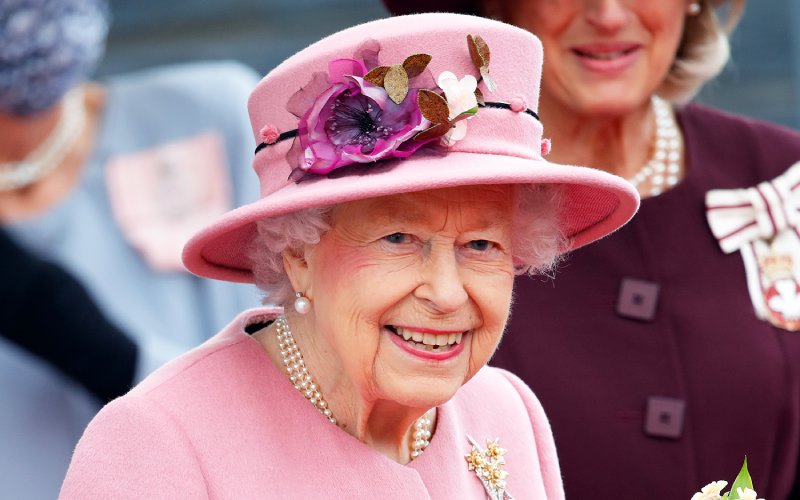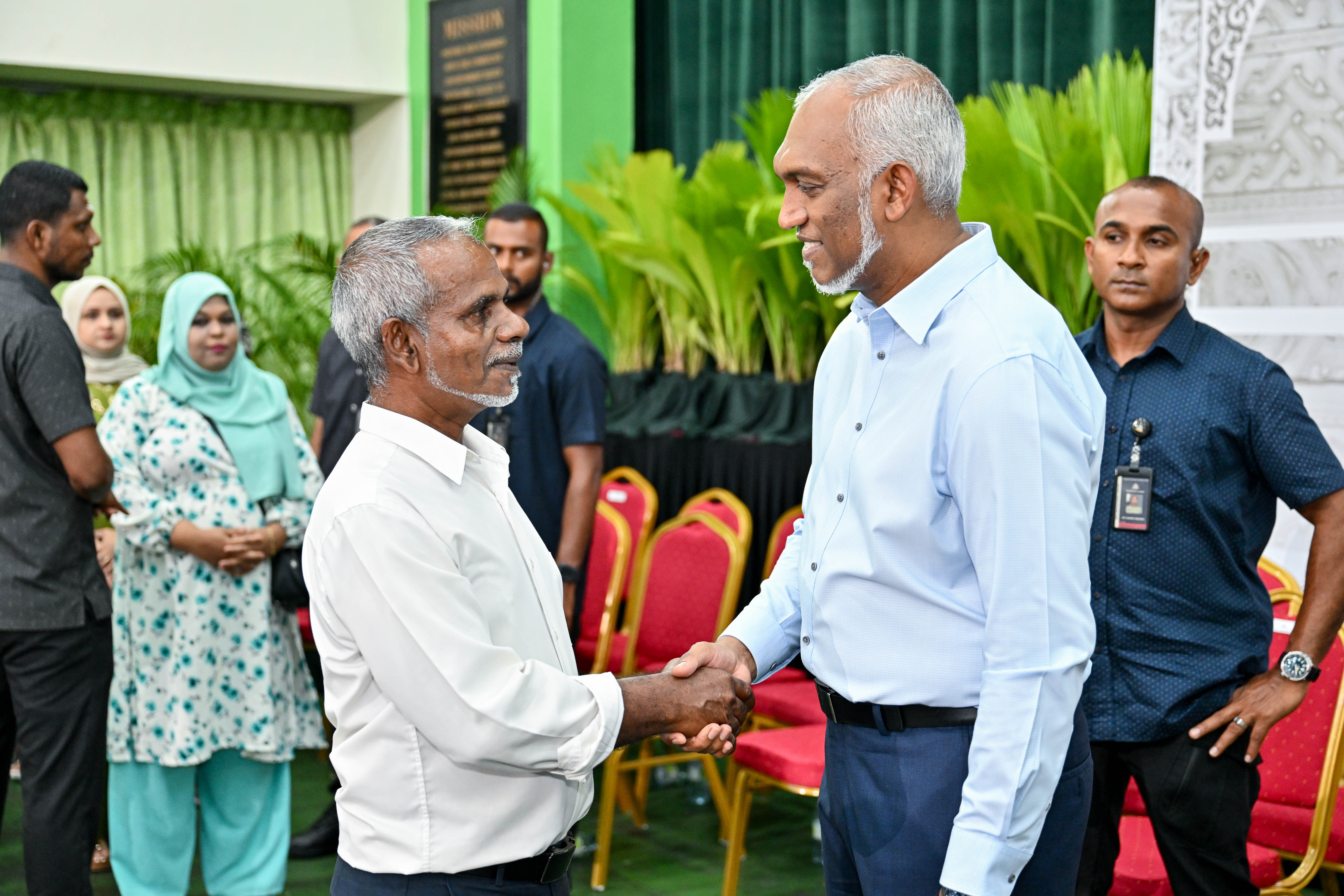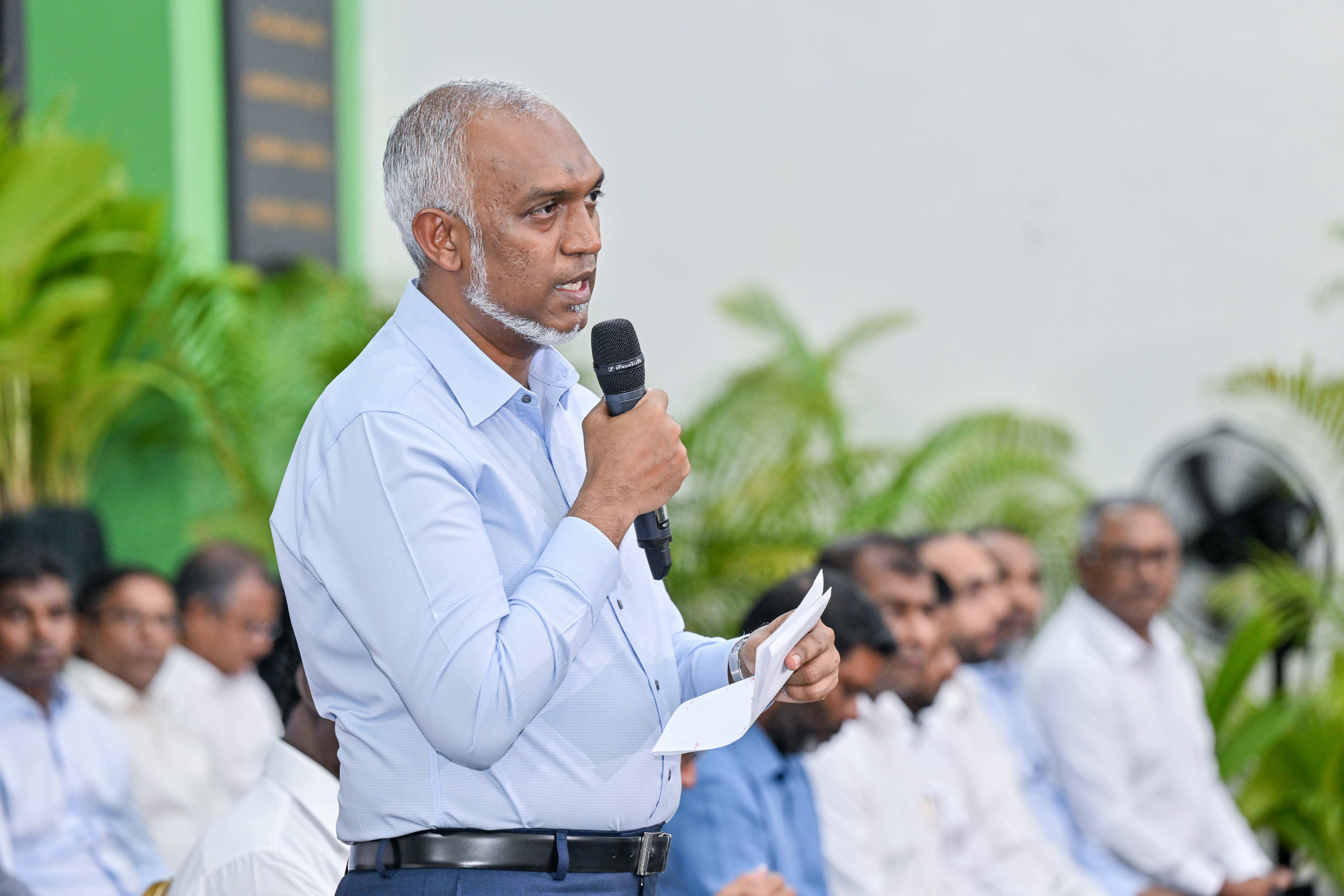Queen Elizabeth marks 70 years on the British throne on Sunday, a milestone never reached by any of her predecessors over the last 1,000 years and one which only a few monarchs across the globe have ever achieved.
The news was broken to her by her husband Prince Philip, who died last year aged 99 after more than seven decades by her side.
The Queen will mark 'Accession Day' in private as is customary, not viewing it as something to celebrate. But there will be four days of national events to mark her Platinum Jubilee in June.
"While it is a moment for national celebration, it will be a day of mixed emotions for Her Majesty as the day also marks 70 years since the death of her beloved father George VI," Prime Minister Boris Johnson told parliament on Wednesday, thanking the monarch for "her tireless service".
Elizabeth, 95, became the queen of Britain and more than a dozen other realms including Canada, Australia, and New Zealand on the death of her father King George VI on Feb. 6, 1952, while she was in Kenya on an international tour. Elizabeth has continued to carry out official duties well into her 90s but has been little seen in public since she spent a night in the hospital last October for an unspecified ailment and was then instructed by doctors to rest.
Ironically Elizabeth was not destined to be monarch at her birth and only became queen because her uncle Edward VIII abdicated to be with American divorcee Wallis Simpson. But in 2015, she overtook Victoria as Britain’s longest-reigning sovereign in a line that traces its origin back to Norman King William I and his 1066 conquest of England.
When she ascended the throne, Josef Stalin, Mao Zedong, and Harry Truman were running the Soviet Union, China, and the United States, respectively, while Winston Churchill was British prime minister. Including Churchill, she has been served by 14 prime ministers — a quarter of all there have been in Britain since Robert Walpole 300 years ago. During her reign, there have been 14 U.S. presidents, all of whom she has met bar Lyndon Johnson.
The news was broken to her by her husband Prince Philip, who died last year aged 99 after more than seven decades by her side.
The Queen will mark 'Accession Day' in private as is customary, not viewing it as something to celebrate. But there will be four days of national events to mark her Platinum Jubilee in June.
"While it is a moment for national celebration, it will be a day of mixed emotions for Her Majesty as the day also marks 70 years since the death of her beloved father George VI," Prime Minister Boris Johnson told parliament on Wednesday, thanking the monarch for "her tireless service".
Elizabeth, 95, became the queen of Britain and more than a dozen other realms including Canada, Australia, and New Zealand on the death of her father King George VI on Feb. 6, 1952, while she was in Kenya on an international tour. Elizabeth has continued to carry out official duties well into her 90s but has been little seen in public since she spent a night in the hospital last October for an unspecified ailment and was then instructed by doctors to rest.
Ironically Elizabeth was not destined to be monarch at her birth and only became queen because her uncle Edward VIII abdicated to be with American divorcee Wallis Simpson. But in 2015, she overtook Victoria as Britain’s longest-reigning sovereign in a line that traces its origin back to Norman King William I and his 1066 conquest of England.
When she ascended the throne, Josef Stalin, Mao Zedong, and Harry Truman were running the Soviet Union, China, and the United States, respectively, while Winston Churchill was British prime minister. Including Churchill, she has been served by 14 prime ministers — a quarter of all there have been in Britain since Robert Walpole 300 years ago. During her reign, there have been 14 U.S. presidents, all of whom she has met bar Lyndon Johnson.


















